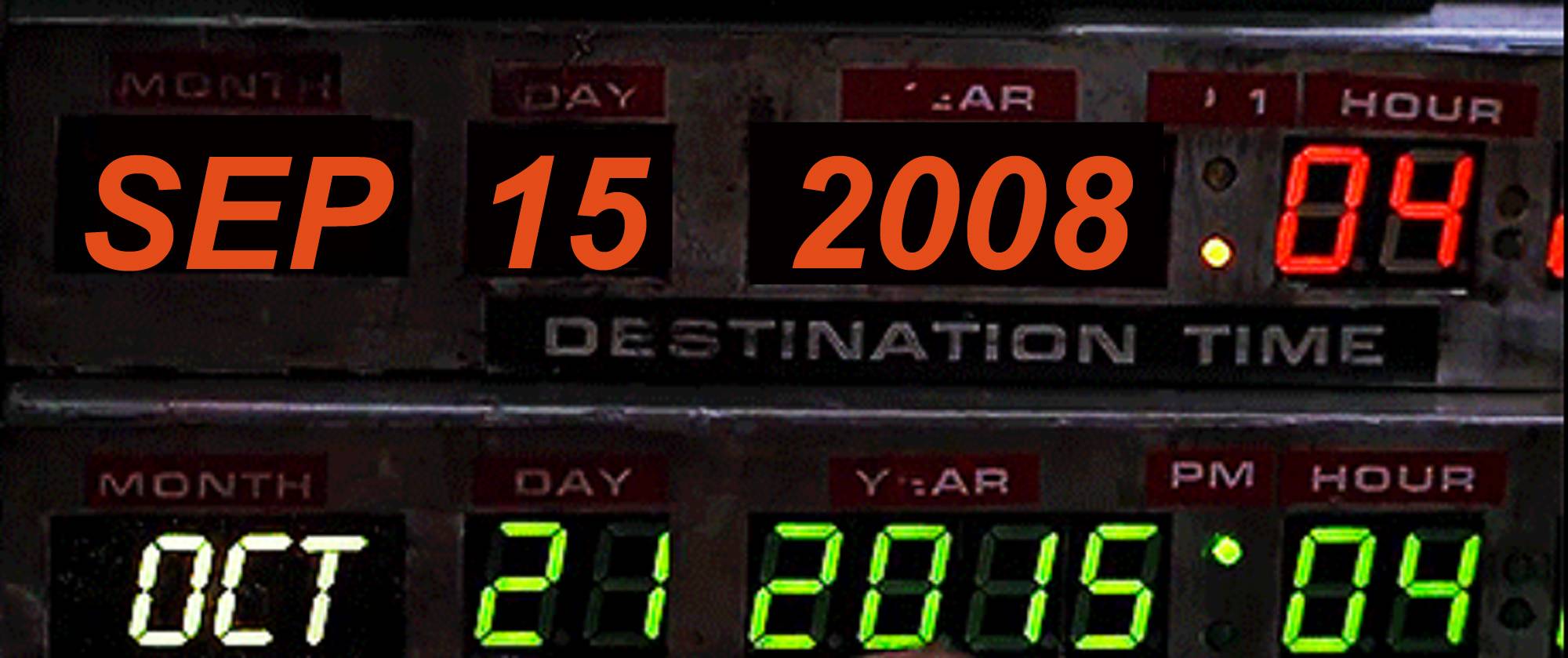How markets look
Today’s monetary policy report from the Bank of Canada underscores the dramatic divide among the country’s housing markets.
Observers have been warning for some time about the inflated Vancouver and Toronto regions, while we’ve known what’s happening in Alberta and Saskatchewan amid the oil shock.
But this chart breaks it down nicely.

“Housing market activity across regions, in terms of sales, starts and price growth, continues to be characterized by trifurcation: markets in British Columbia and Ontario have maintained their strength, Alberta and Saskatchewan and experiencing further weakness, and activity in the rest of Canada has been soft,” the central bank said.
“Lower mortgage rates are contributing to strong growth in mortgage credit, especially in British Columbia and Ontario.”
The central bank again warned on how low interest rates are boosting borrowing, and how the key measure of debt to disposable income is rising.
“Looking ahead, the housing market and household indebtedness are expected to stabilize over the projection period as the economy gains strength and household borrowing rates begin to normalize.”
Economists don’t see a meltdown in the works, but some have flagged the frothy Vancouver and Toronto markets.
Bank downgrades outlook
As The Globe and Mail’s Barrie McKenna also reports today, the Bank of Canada is downgrading its economic outlook again as the country continues to grapple with the “complex” aftershocks of lower prices for oil and other commodities.
As expected, the central bank kept its key overnight lending rate unchanged at 0.5 per cent, following two surprise cuts earlier this year.
Canada’s economy will grow just 2 per cent in 2016 and 2.5 per cent in 2017, the bank said in latest monetary policy report, also released today. That’s down from previous forecasts of 2.3 per cent and 2.6 per cent.
A movie scene I'd love to see ...

“Marty, go tell Hank Paulson to save Lehman Bros.”
EU in tax row
“Going Dutch” is taking on new meaning at Starbucks in Europe.
The European Commission today ordered the Netherlands and Luxembourg to “recover” unpaid taxes of up to €30-million from Starbucks and Fiat Chrysler, respectively, for what it said were “selective” tax advantages.
“In each case, a tax ruling issued by the respective national tax authority artificially lowered the tax paid by the company,” the EC said in a statement.
Starbucks plans to appeal the ruling, and the Dutch government said in a statement it is “somewhat surprised” by the decision.
“Within the Dutch tax system profit is taxed where value is created,” the government said.
“Because the intellectual property rights of Starbucks are not located in the Netherlands, the royalties for the use of these are not taxed in the Netherlands,” it added.
The Trudeau plan
Economists far and wide are weighing in on the economic impact of the soon-to-be Liberal government’s election pledges, projecting a modest boost to a struggling country.
They talk about everything from infrastructure spending to middle-class tax cuts and a higher burden on the rich.
What they don’t talk about is the potential boon from weed.
That could be seen as un-bank-like, but no doubt has more to do with the fact that anything Justin Trudeau does on that front when he becomes prime minister will be a long time coming, with many issues to be worked through before it becomes law.
Actually, in this case, becomes legal.
We’re all tempted to giggle about legal marijuana, but one only need look at what Colorado and Washington have done, and the projections for hefty tax revenues when it all works through the economies of those states. Having said that, Colorado’s take is less than expected so far.
As The Globe and Mail’s Sean Fine reports, Mr. Trudeau’s plan, which goes beyond decriminalization to all-out legalization, sparks a host of issues related to taxes and, obviously, health.
He has promised a federal-provincial task force to sort this all out beforehand, but working out a legal system of distribution should put a gleam in the eye of entrepreneurial dudes.
Economists figure Mr. Trudeau’s infrastructure plans, to be funded by deficits, could mean adding about 0.5 of a percentage point to economic growth next year, at most.
Other forecasts put the impact at less than that in the first year.
“The immediate cash injection from Ottawa should accelerate implementation of capital projects by municipalities and provinces,” National Bank Financial said in a report.
“But the advertised benefits to the economy are likely to be felt only in 2016-17, given the usual lags between passage in Parliament and actual start of construction.”
There are real issues here, too, about how changes to pension contributions and various tax measures all wash through, as they affect consumers who have propped up the economy.
“Forcing Canadians to save may provide an extra layer of padding to their nest eggs but it will also hurt consumption immediately,” National Bank said.
“And considering that consumer spending accounts for about 60 per cent of the economy, the negative impact on growth should not be underestimated.”
Coupled with that, though, is Mr. Trudeau’s promise to cut middle-class taxes to 20.5 per cent from 22 per cent, while taxing the rich more.
“We’re hopeful the negative impact of CPP expansion on consumer spending will be cushioned somewhat by proposed changes to personal income tax policy,” the bank said.
“And with middle-class income earners usually having a higher marginal propensity to consume than high-income earners, the overall impact is expected to be a net positive for consumption spending.”
By that, the bank meant overall consumer spending, rather than – you know.